-Elizabeth Chinery, Junior Community Outreach Coordinator
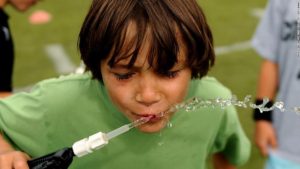
CNN.com
https://www.cnn.com/2018/08/07/health/young-athletes-football-overhydration-partner/index.html
Water is essential for basic and complex human functions, however, too much of it can cause deadly outcomes. More athletes die from hyponatremia (over-hydration) than from dehydration. This is because your body requires a certain amount of salt to function properly. Drinking more water than your body can excrete lowers blood salt levels which “can cause all cells in the body to swell. Brain swelling from hyponatremia can cause headaches and vomiting, while muscle cell swelling can trigger whole-body muscle cramping.” A sad truth is that “these symptoms mimic those of dehydration[, meaning] they are often treated by medical staff with more fluids” which worsen the condition.
Discuss (preferably with your physician) the healthy daily water intake for you and your family, and encourage your family to stay alert for over-hydration


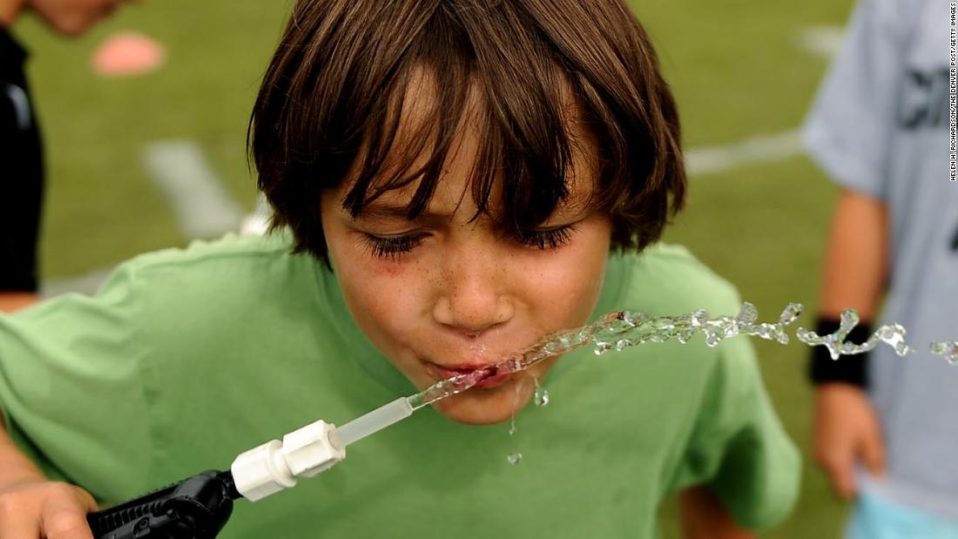
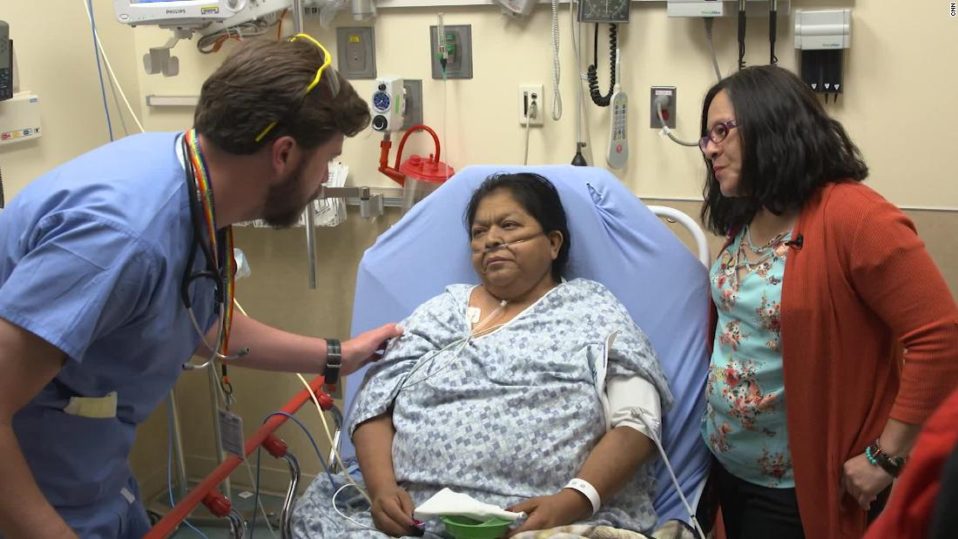
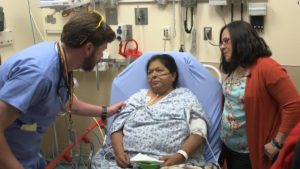


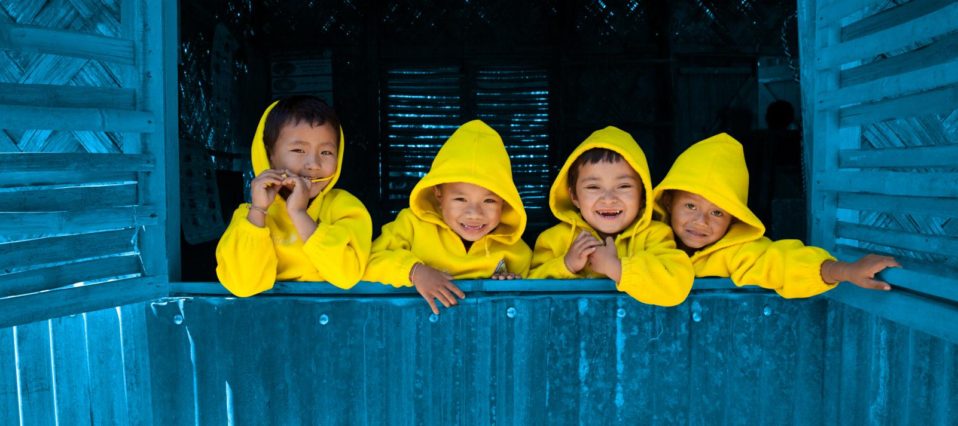

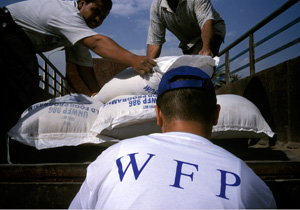
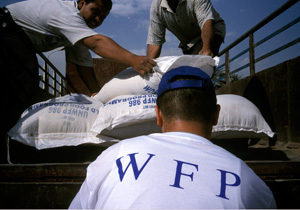
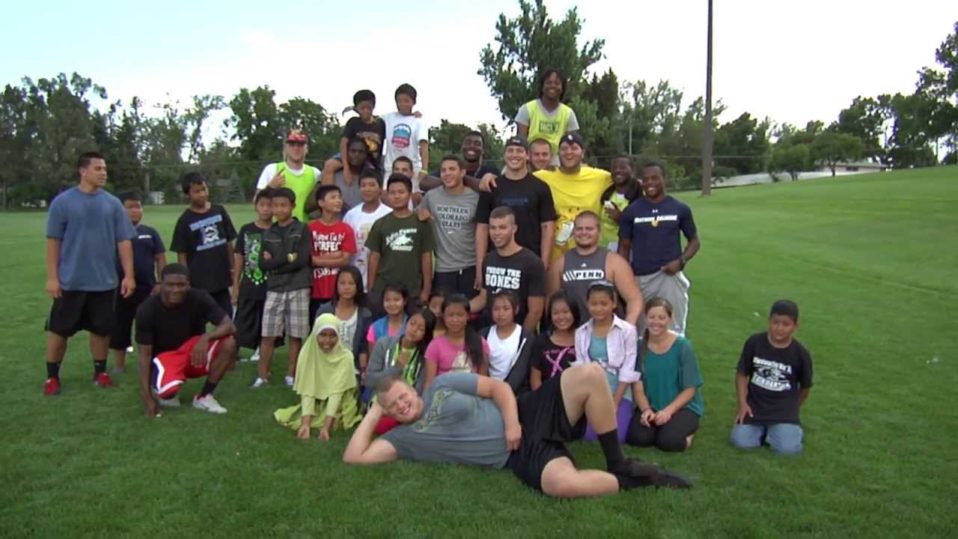

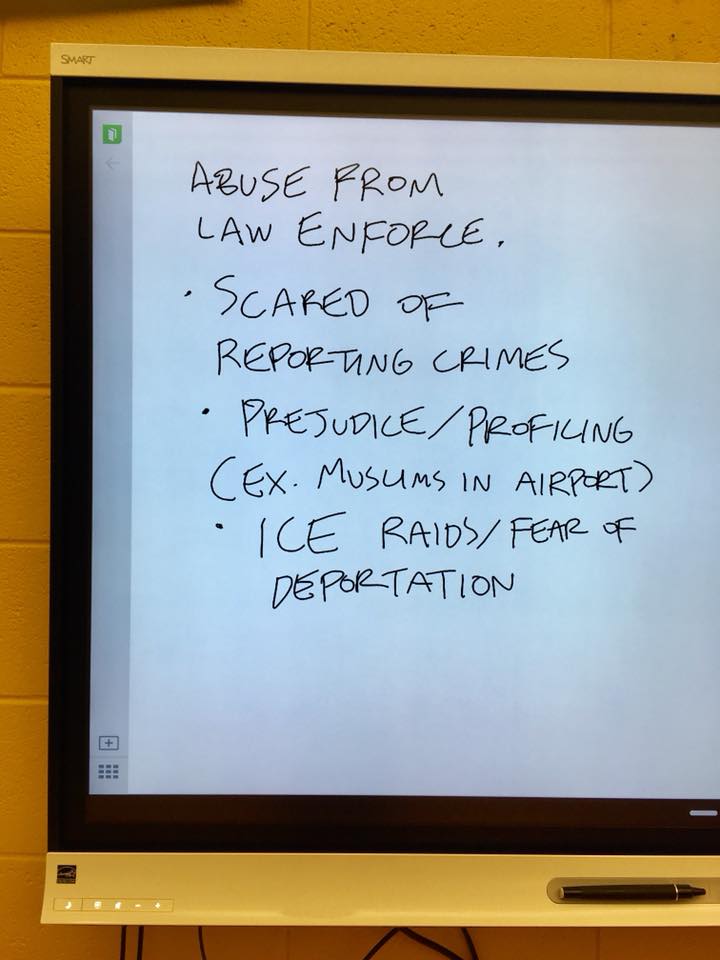
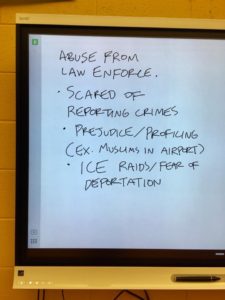 “I was planning to see my counselor, but then I came to this class, because I definitely didn’t want to miss this,” said Malori, a student in the leadership course at
“I was planning to see my counselor, but then I came to this class, because I definitely didn’t want to miss this,” said Malori, a student in the leadership course at 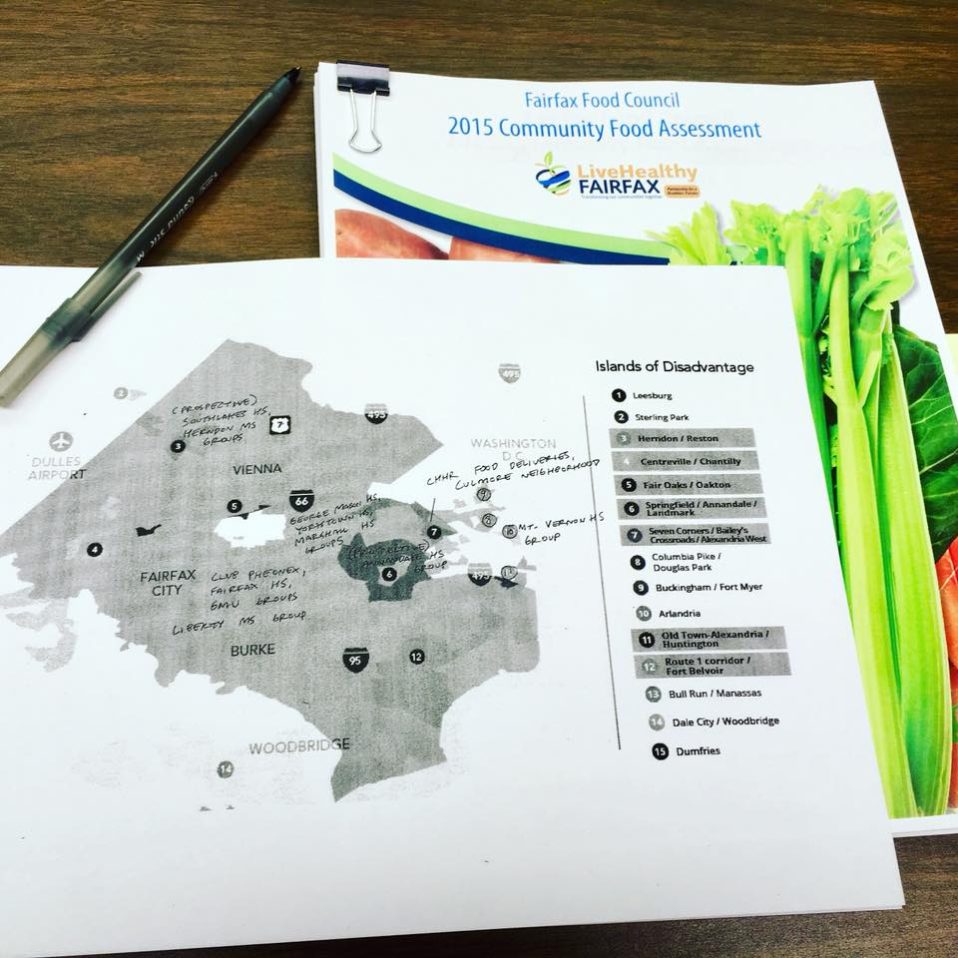
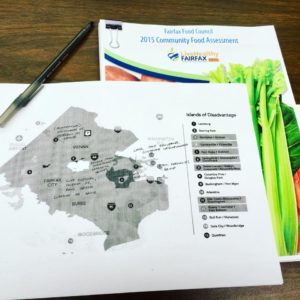
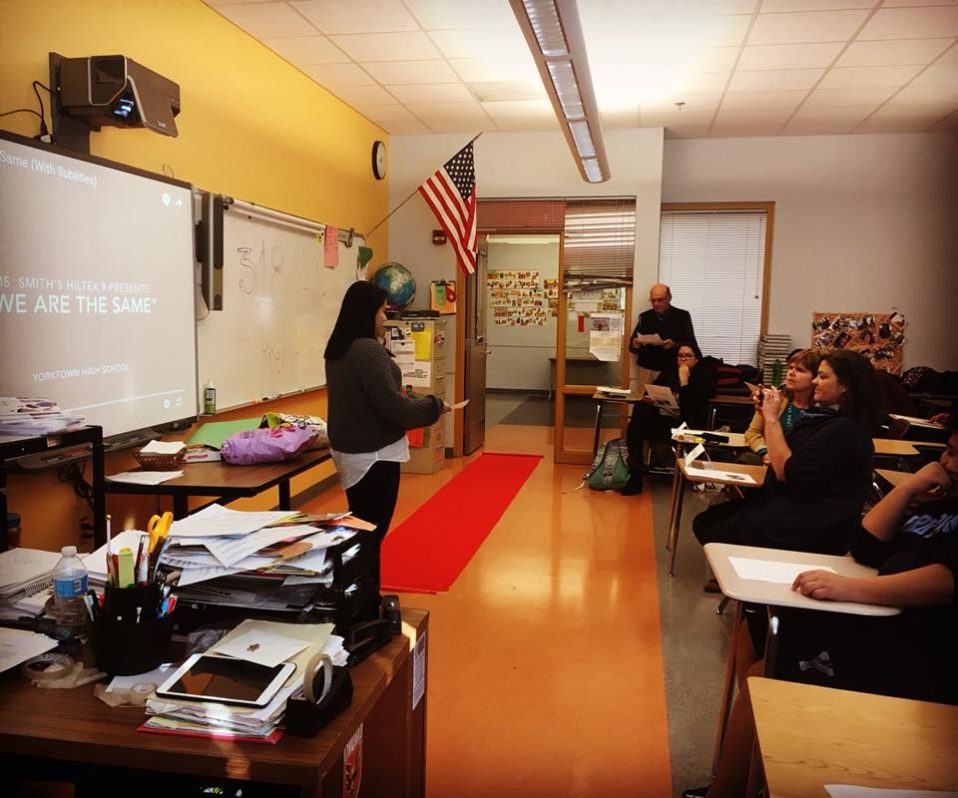
 -Ron Lapitan, Former Community Outreach Coordinator
-Ron Lapitan, Former Community Outreach Coordinator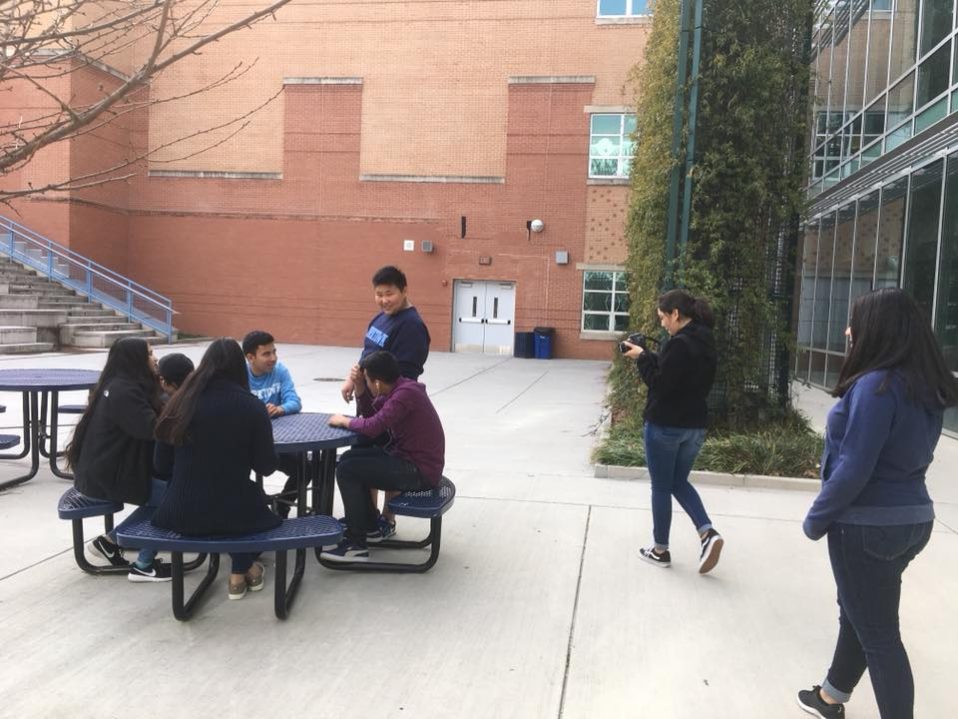
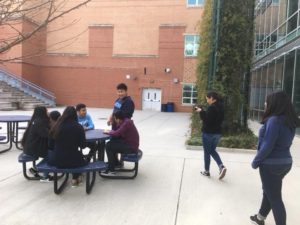 -Ron Lapitan, Former Community Outreach Coordinator
-Ron Lapitan, Former Community Outreach Coordinator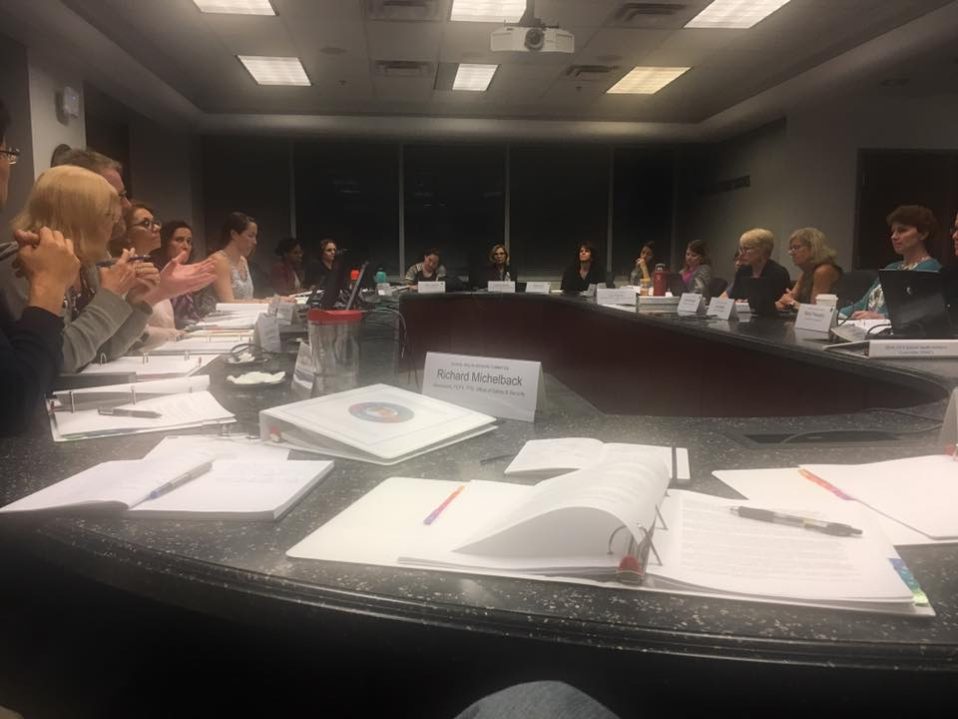

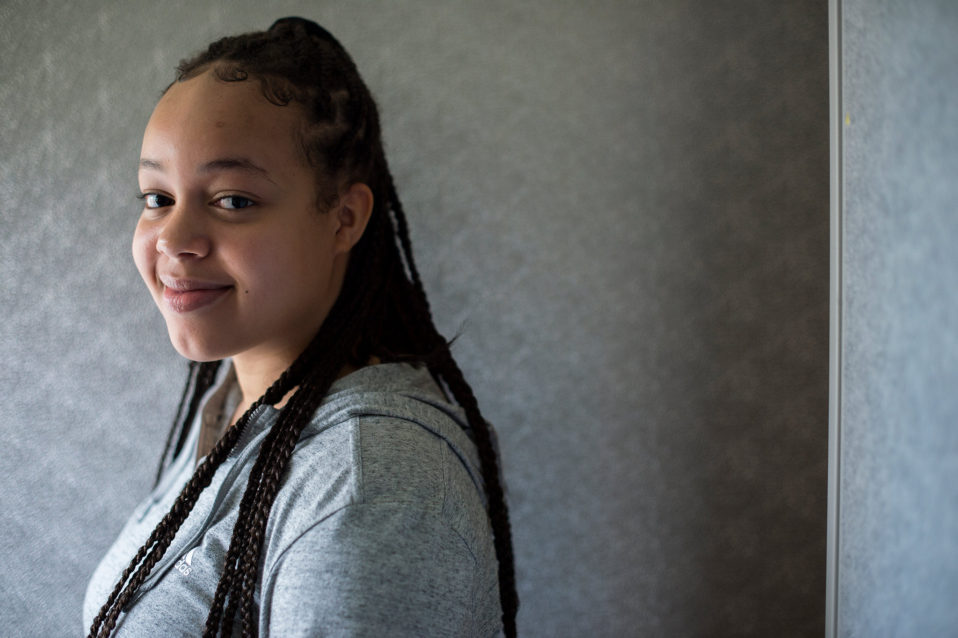
Recent Comments